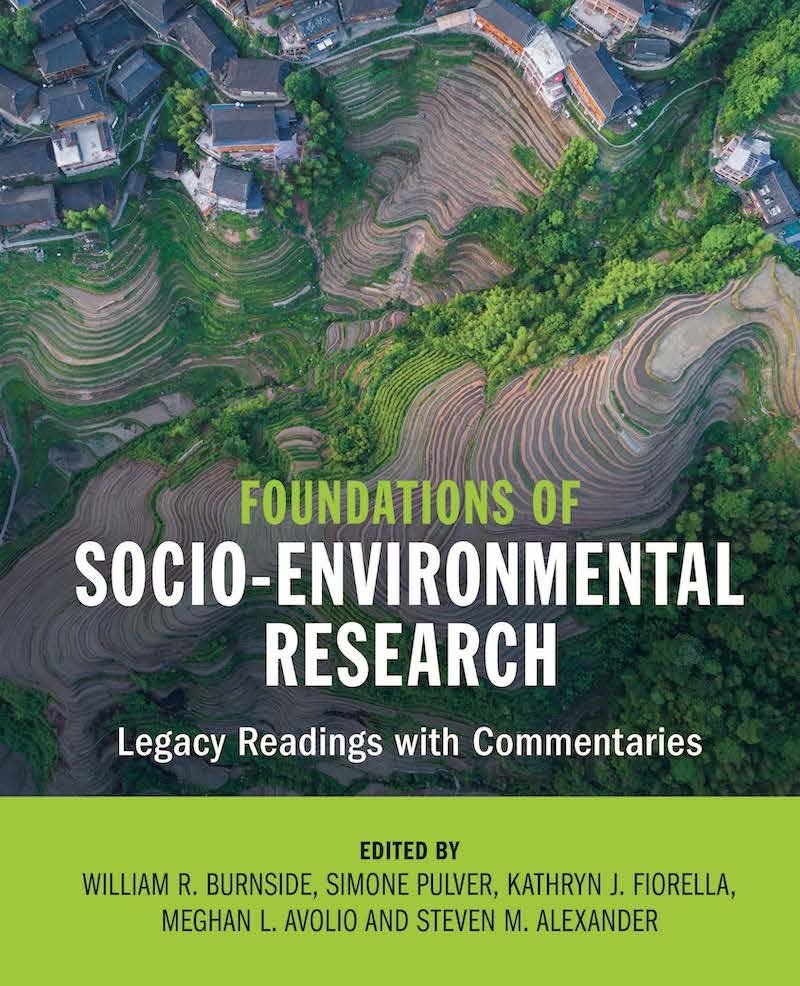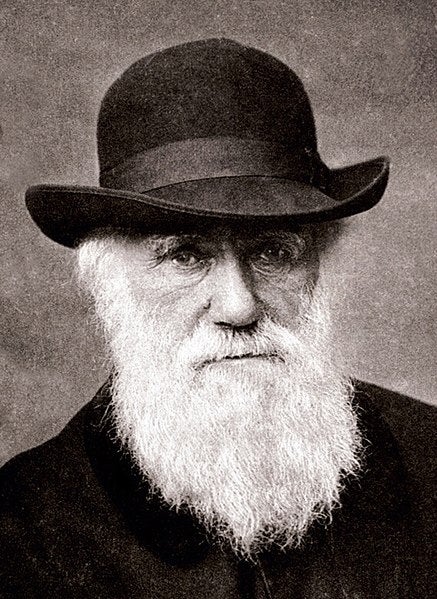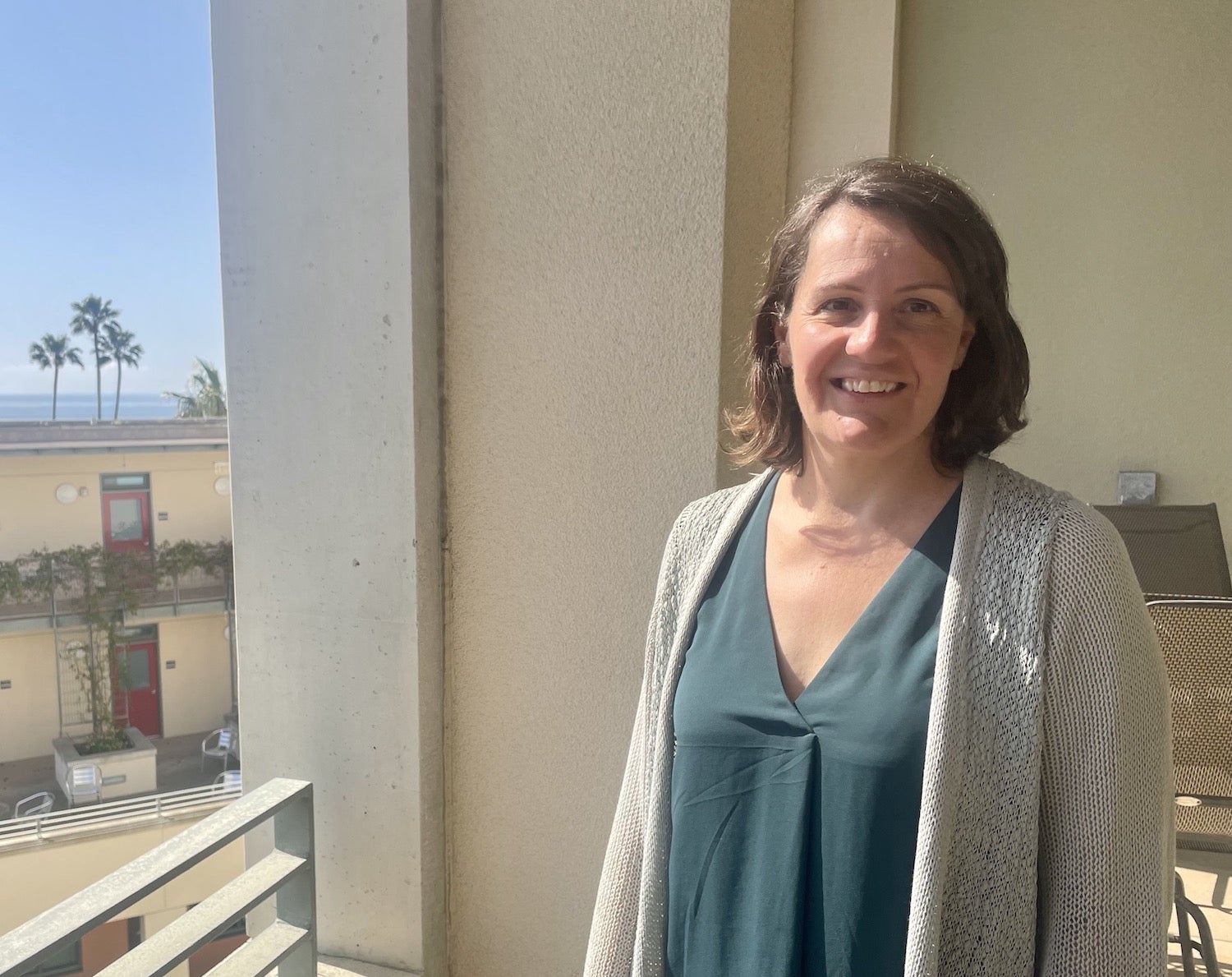
Shining a light on the interconnectedness between societies and the natural world
For hundreds of years, scholars from a range of disciplines have written about how societies relate to their natural environment. It’s a topic that sprawls throughout the institutions of politics, law, philosophy and religion while it anchors humankind’s ecological interconnectedness to the whole of Earth itself. But until now, such socio-environmental research has lacked a published collection of its most foundational writings.
The newly released “Foundations of Socio-Environmental Research: Legacy readings with commentaries” (Cambridge University Press, 2023) is a hardbound compendium of 53 essential and fundamental readings and expert commentary that tracks the evolution of research on the reciprocal relations between society and environment. Simone Pulver, an environmental sociologist at UC Santa Barbara, co-edited the book with fellow scholars: William R. Burnside, senior editor at Nature Sustainability; Kathryn J. Fiorella, Cornell University; Meghan L. Avolio, Johns Hopkins University; and Steven M. Alexander, University of Waterloo.

“Putting a foundations volume together is always a bold and provocative endeavor,” said Pulver, an associate professor of environmental studies and director of the Environmental Leadership Incubator. “Our unique contribution is the targeted focus on ideas about the interdependence of society and environment, coupled with significant breadth in the disciplinary perspectives included in the book.”
Starting around 2015 at the National Socio-Environmental Synthesis Center (SESYNC) in Annapolis, Maryland, Pulver and her co-editors began gathering readings foundational to socio-environmental research and discussing their merits. SESYNC opened in 2011 as a gathering place for interdisciplinary project teams to study complex relationships between people and the natural world.
The group’s first cut consisted of more than 500 titles. Over several years, they narrowed the list to 53 pieces that showcase key ideas about socio-environmental interactions, including the dependence of human populations on a resource base and how culture and technology mediate this dependence.
The book opens with a collection of classics from the 18th and 19th centuries, including works by economist Thomas Malthus, philosopher Karl Marx and naturalist Charles Darwin. Moving into the 20th century, the pieces trace the evolution of socio-environmental research in geography and anthropology, including highlights such as Lewis Mumford’s prescient 1959 piece on resource consumption in suburban America.

Also among the works is “The Tragedy of the Commons,” from 1968, by the late Garrett Hardin, a controversial ecologist and UCSB professor emeritus. An excerpt from “Governing the Commons” (1990), by political scientist and Nobel laureate Elinor Ostrom, is included as the counterpoint.



The book also features selections from famed American biologist Rachel Carson, French marine biologist Daniel Pauly, Vandana Shiva on ecofeminist philosophy, and sociologist Marina Fischer-Kowalski on the colonization of nature, among many others.
“The book brings together incredible intellectual content,” Pulver said, “and it serves as a launching-off point for researchers and as a great teaching resource.”

Simone Pulver
Environmental Studies Program associate professor Simone Pulver's research focuses broadly on the intersection of economic action and environmental harm, and seeks to integrate theoretical frameworks related to global governance, organizational theory, and economic and environmental sociology.
Keith Hamm
Social Sciences, Humanities & Fine Arts Writer
keithhamm@ucsb.edu



